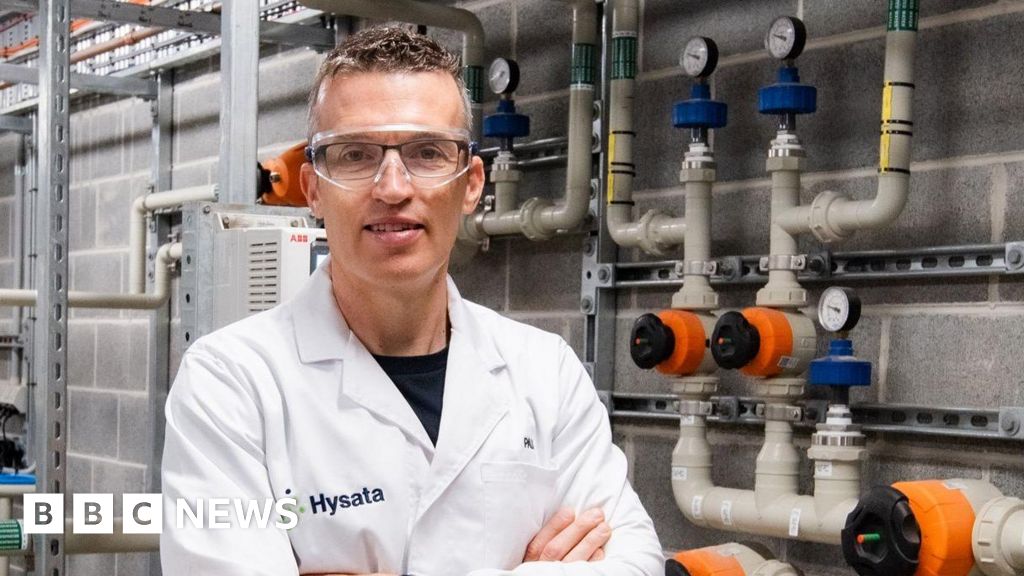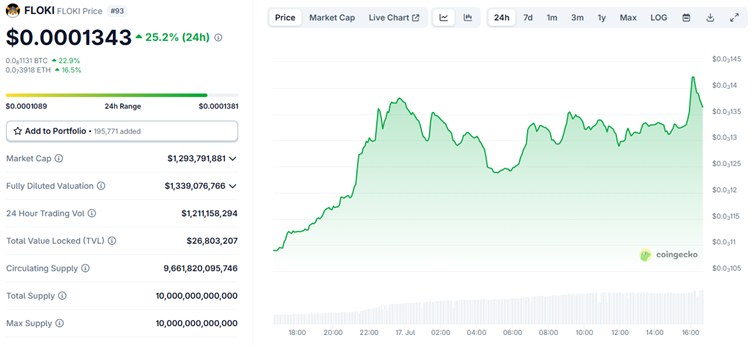Despite the research work, some doubt that hydrogen will become a big export for Australia.
One of those is the Institute for Energy Economics and Financial Analysis (IEEFA), a global research organisation which advocates the use of renewable energy.
Exporting hydrogen from Australia would “make no financial sense”, according to Amandine Denis-Ryan, the chief executive of the IEEFA in Australia.
“Hydrogen shipping would be prohibitively expensive. It requires extremely low temperatures and large volumes, and involves high losses. Using hydrogen locally makes much more sense.”
She hopes that government funding will not be “wasted” on such projects.
Like bubbles on electrodes, new technologies and processes invariably hit sticky patches where progress is hindered and doubts amplified, but the architects of hydrogen’s advance are confident it has a key part to play in our energy transition.
Bahman Shabani, a professor at RMIT University’s School of Engineering in Melbourne, is working to store surplus renewable energy using an electrolyser, a storage tank and a fuel cell that together act like a battery.
“Hydrogen is gaining popularity all around the world. If you look at the investment levels in China, for example, in Japan, in Germany, in Europe in general, in the United States, they are all realising the importance of this area.”
Credit: Source link











